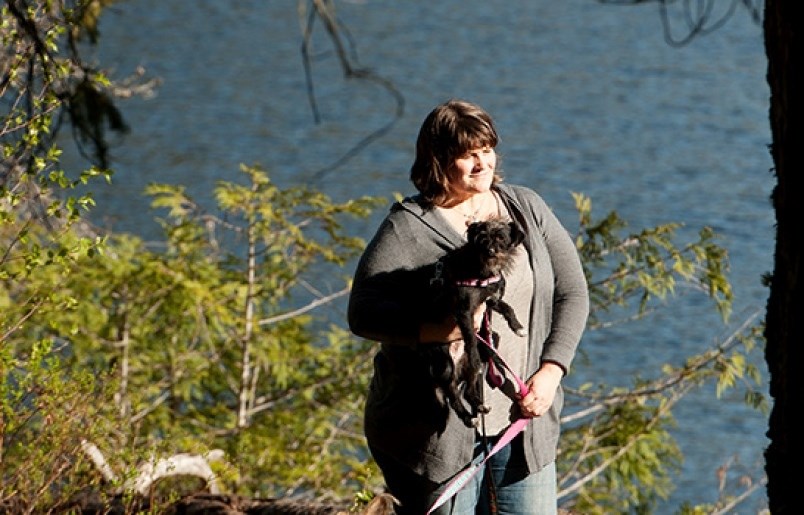“I just don’t think it is right that a small group of people is over-represented or has more influence than its size or population would indicate,” the young man said emphatically in response to a conversation we were having about First Nations education in B.C. schools.
I’ve heard this meritless argument before of course, demonstrating an all too common blind spot for the obvious.
“It is interesting and perhaps ironic that you say this,” I responded as nicely as possible, “because do you know who the most over-represented cohort in the history of Canada and beyond?” He offered no response but I could tell he was racking his brain for an answer.
“You in fact,” I continued. “The white male is significantly over-represented in government, in industry, in science, in business, in entertainment, you name it. If you consider that about 70 per cent of Canadians are of European descent and about 49 per cent of that population is male, that means that the white male is less than 35 per cent of the Canadian population so by your logic they hold significantly more influence than they should in pretty much everything.”
Silence.
The conversation started as we debated the provincial government’s mandate of making First Nations studies mandatory curriculum in B.C. schools; he thought the idea interfered with more important studies and I thought it was fundamentally necessary and relevant. But our exchange had drifted into a discussion on title and rights, and the United Nations Declaration on the Rights of Indigenous Peoples (UNDRIP) and now on to white (male) privilege.
The final motions of last term’s council was to adopt UNDRIP and relevant calls to action in the Truth and Reconciliation Commission of Canada report as District of Squamish policy and direction. It was a fundamentally important step in Squamish’s evolution.
Some people see UNDRIP as an elevation of First Nations above their stature much like the opinion of the young man mentioned above. But if one actually reads the declaration, one soon realizes that the rights articulated in UNDRIP are fundamental rights that most of us already have and expect — the right to cultural and ceremonial expression and the maintenance of institutions and traditions, the right to one’s own identity, the right to education, employment, health etc. and the right to not be discriminated against. The declaration is an acknowledgment that First Nations around the globe have not been afforded these basic human rights for far
too long.
Last week the BC government introduced Bill 41, legislation that mandates B.C.’s laws and policies are brought into harmony with the UN Declaration. This initiative combined with the First Nations studies requirement in B.C.’s education curriculum are important steps that hopefully other governments will follow. B.C.’s progressive Indigenous leaders should be proud and are a great lesson in how a small group of people can make an important and significant difference.




